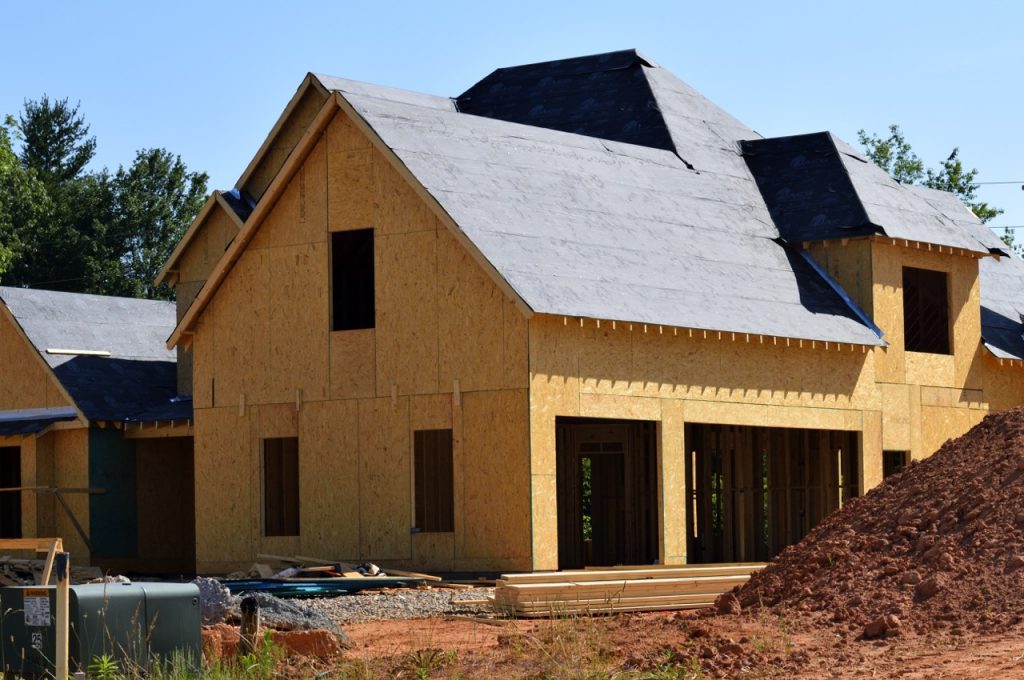Do you have a passion for the building industry? Are you a hands-on person with a creative flair? Have you ever wanted to see your work in a real house or building? If you’re considering investing in a building and construction certificate, and answered yes to most of these questions, carpentry may be your best career choice.
Why Should You Choose Carpentry?
Carpentry is one of the world’s oldest and most respected trades, which has been developed and refined over hundreds of years. Over the years, carpentry has evolved from timber-based building and construction to include a number of modern materials and techniques.
It is common for carpenters to love their trade and many enjoy the versatility that comes with the industry. Carpentry has various specialties to choose from, meaning you can easily learn new skills and develop new expertise without having to change your trade.
What Skills do Carpenters Need?
Carpenters use a variety of different skills throughout their day, including basic mathematics, time management, communication and planning, as well as specific skills to work directly with wood. To be a successful carpenter, you must also have the basic ability to read blueprints and design plans. Most building and construction courses teach their students how to do this.
As a carpenter, deadlines are an important part of your work, as your job will often be one stage within a larger pipeline. This means communication and asking questions are of the highest importance, particularly if you anticipate a delay.
If you are someone who is able to meet deadlines and works hard to maintain a high standard of quality in everything you do, you will probably enjoy carpentry.
Carpentry students must be able to balance assessments and classwork, which takes true commitment. With CWBTS’s online learning courses, there is a mixture of theoretical and onsite learning, as much of the course is practical.

What Careers Can You Enter?
There are a number of building and construction courses available which, upon completion, will see you become a qualified carpenter in various areas. Below we have collated the main three areas carpenters work in:
Commercial Carpenter
- Works on projects involving commercial buildings such as hotels, office towers, educational institutes, restaurants and retail developments.
- Carpenters in this area work with a range of materials other than wood, such as steel, plastic and plaster.
- Specialised commercial carpenters may work on installing panelling, windows and ceilings.
Industrial Carpenter
- Works on major industrial projects such as power plants or mining infrastructure. They are usually employed by resources industries such as energy, manufacturing and resource extraction.
- Industrial carpenters handle a range of tasks such as building scaffolding, bracing, partitions or concrete pouring forms.
- They may also use their skills to work alongside civil engineers on projects such as bridges and tunnels.
Residential Carpenter
- Works on housing such as townhouses, detached homes and smaller projects.
- They usually work on framing interior and exterior walls, building stairs and constructing decks and roofs.
- Some may even work on concrete foundations or putting up drywall.
- Residential carpenters can specialise even further to work on finishing touches such as cabinets, floors, and crown molding if they see themselves as having a flair for perfecting things.

How Can You Get Qualified?
You might now be asking yourself, what is the next step I need to take? With such a wide variety of certificates available in building and construction, it can be hard to know which one is right for you. Many people opt for a Certificate III in Carpentry, as it is delivered over a 3-4 year period and will qualify you to work as a carpenter in a range of areas.
Many building and construction courses require individuals to have some knowledge of the industry but you can complete a carpentry course, with no apprenticeship skills required, through a Certificate III in Carpentry.
Building and construction courses have a high percentage of practical training, which means you will get many opportunities to put your new skills and knowledge to use almost right away.
Where Can a Certificate III in Carpentry Take Me?
Successful completion of a Certificate III in Carpentry can qualify you to work in a range of roles such as those listed in this article. You can also further your skills and abilities by enrolling in a Certificate IV which will allow you to further your skills, and enable you to work in supervisory and management roles.
Carpentry is an exciting and hands-on field with plenty of room for growth. Individuals who are keen to launch their career can choose from a range of building and construction certificates which will give them the skills they need to be an excellent carpenter.
If you’re looking for a rewarding career that can develop into your own business, apply for your CPC30211 Certificate III in Carpentry today, or contact us to find out more.





